Description
INDICATIONS:
- Rosacea / red skin
- Inflammatory skin conditions
- Dry and dehydrated skin
- Aging and sun-damaged skin
DIRECTIONS:
TIME OF APPLICATION:
Apply in the morning and/or evening on cleansed skin after treatment serums.
FREQUENCY OF APPLICATION:
Use daily and/or evening or follow your Dermal Diagnosis treatment plan directions.
Apply DermRepair to damp skin. Moisturisers are most effective if you use them while your skin is still damp because damp skin absorbs the product more readily. That also gives the moisturiser the chance to lock in that hydration.
ACTIVE INGREDIENTS:
- Vitamin K
- Arnica
- Jojoba
- 4 Ethoxybenzaldehyde
- Glycerin
- Pseudoalteromonas Exopolysaccharides
FULL INGREDIENT LIST:
Aqua, Cetyl alcohol, Glycerin, Petrolatum, Stearic acid, Jojoba oil, Polysorbate 20, Lanolin, Phylloquinone, Arnica oil, Marine exopolysaccharide, Acrylates/C10-30 alkyl acrylate crosspolymer, 4-Ethoxybenzaldehyde, Tocopherol, Triethanolamine.
VITAMIN K:
SPEED UP THE RECOVERY PROCESS
- Vitamin K is essential in the body’s healing process as it is responsible for blood clotting and wound healing.
IMPROVE PIGMENT, VEIN, AND SKIN STRUCTURE
- Vitamin K improves and maintains blood vessel elasticity and vein integrity.
- Vitamin K can minimise broken capillaries under the skin and helps with varicose veins. Vitamin K produces a protein that lowers vascular proliferation and mineralisation, which can halt the development of varicose veins.
- Not only is vitamin K important for the repair of the blood vessel, but it also has an important role in the ‘mop-up’ of extravasated breakdown products of blood – i.e. haemosiderin deposition. This is responsible for the change from reddish to brownish colour of a bruise but also for the facilitation of the ultimate resolution in the aftermath of the bruising process.
VITAMIN K IS A COENZYME
- It speeds up a reaction without destroying itself. Vitamin K works with a specific protein called the Matrix γ-carboxyglutamic acid protein. This protein inhibits the calcification (hardening, a part of the aging process) of elastin. This calcification leads to an inflammatory process. In this action as a coenzyme, vitamin K keeps the soft connective tissue from deterioration.
ANTI-INFLAMMATORY
- Vitamin K significantly inhibits inflammation and is therefore beneficial for conditions such as eczema and psoriasis.
BARRIER REPAIR
- Vitamin K strengthens the skin’s natural barrier function, enabling it to grow stronger and retain hydration for longer.
ARNICA:
ACCELERATE WOUND HEALING AND RECOVERY
- Topical Arnica has anti-inflammatory action. It also stimulates blood circulation and the flow of white blood cells to accelerate wound healing.
DECREASE PUFFINESS
- A puffy face in the morning is caused by inflammation and fluid retention. The antibacterial and anti-inflammatory properties in arnica help to prevent facial puffiness.
JOJOBA:
HYDRATION
- Jojoba oil is an emollient, non-fragrant oil (technically, a polyunsaturated wax). Jojoba oil has been shown to enhance skin’s restorative properties.Unlike other exotic oils like argan, coconut, and olive, jojoba oil is actually a wax with a chemical composition that mimics your skin’s sebum more closely than any other oil. Because jojoba is so similar to our skin’s natural oil, it is thought that jojoba oil can “trick” the skin into thinking it’s producing enough oil, which helps balance oil production. This means it can help the skin retain moisture and heal itself.Jojoba oil has many healing properties. Its unique structure, which is based on straight-chain Omega 9 esters, has soothing and repairing effects while deeply moisturizing the skin. This makes Jojoba oil an especially beneficial component in sensitive skincare, acne treatment products, and after-sun formulations, as well as in anti-ageing and anti-rosacea skin care applications.
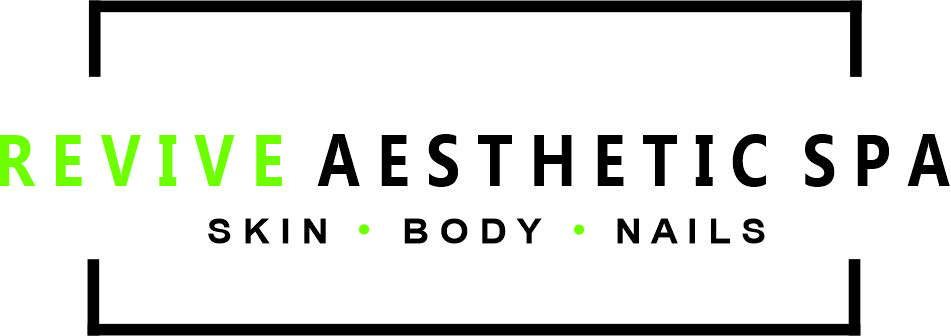
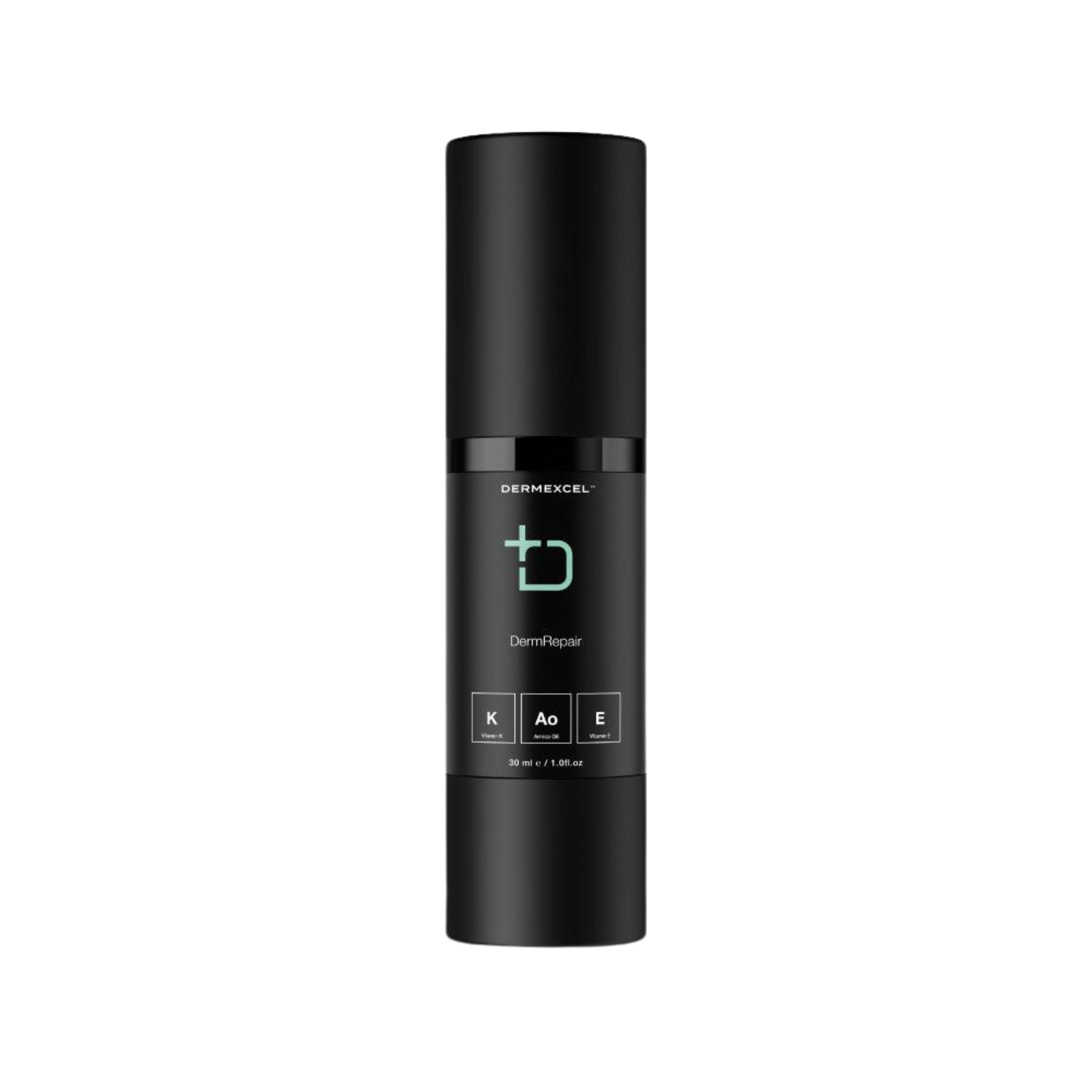
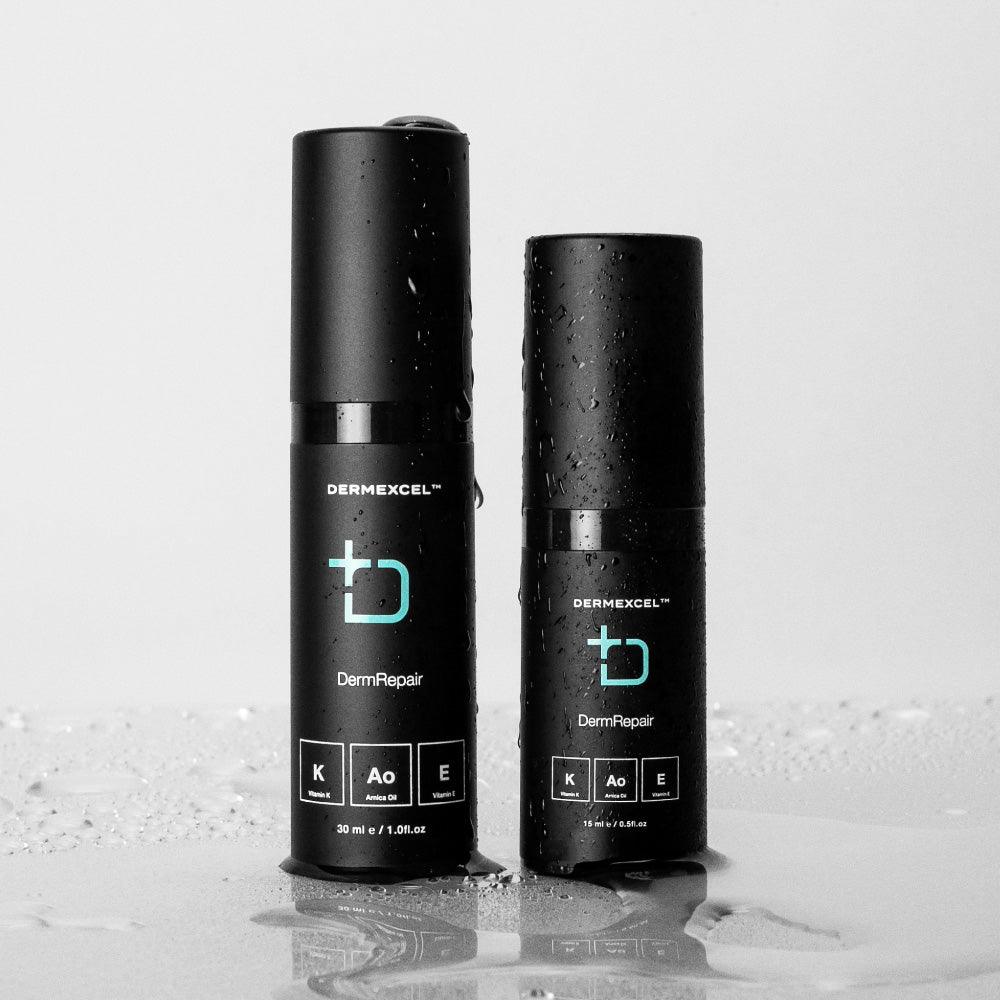




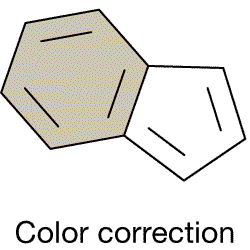
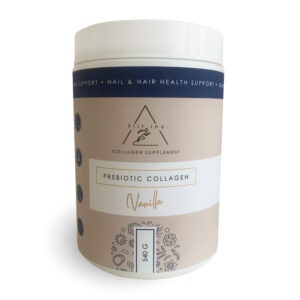
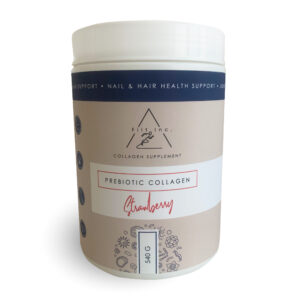
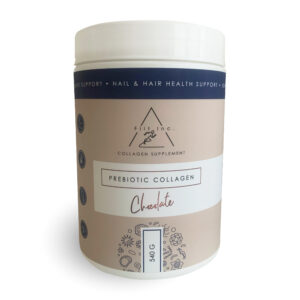
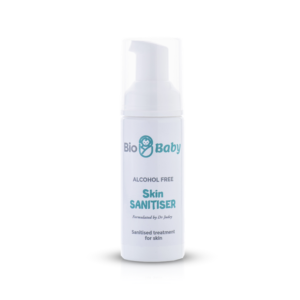
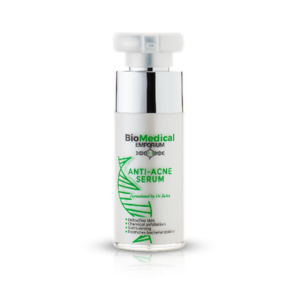
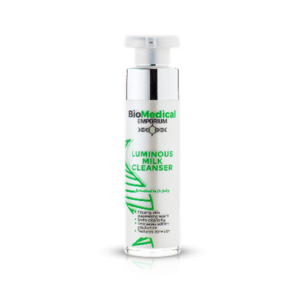
Reviews
There are no reviews yet.